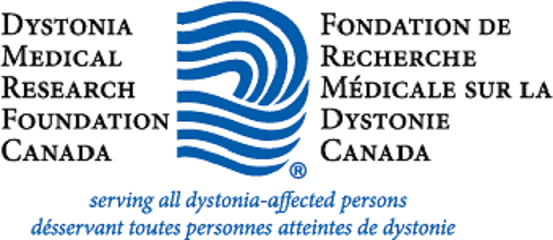TORONTO - Matthew Sheppard drew attention to dystonia Thursday by offering to help Mayor Rob Ford in his workout regime.
The 13-year-old who suffers from myoclonus dystonia came to City Hall with his mom Cathy and former city councillor Bill Saundercook. Together they invited Ford to take part in the Freedom to Move/Chuck’s 5 km Run/Walk for Dystonia taking place in High Park on June 3. More
TORONTO - Matthew Sheppard drew attention to dystonia Thursday by offering to help Mayor Rob Ford in his workout regime.
The 13-year-old who suffers from myoclonus dystonia came to City Hall with his mom Cathy and former city councillor Bill Saundercook. Together they invited Ford to take part in the Freedom to Move/Chuck’s 5 km Run/Walk for Dystonia taking place in High Park on June 3.
Although Ford wasn’t in his office when the group arrived Thursday morning, they left a pair of running shoes, a water bottle and an invite for him to attend their event. Ford is in need of some exercise over the next few weeks as he completes his Cut the Waist challenge. That weight-loss campaign, where Ford is trying to lose 50 pounds, wraps up in June.
The group announced later in the day that Ford has invited Matthew on the mayor’s Newstalk 1010 Sunday afternoon radio show and, although he couldn’t confirm his attendance, he hopes to fit the charity walk into his schedule.
“I just think the media attention would be good to make more people aware of dystonia because it is not very well known out there,” Cathy Sheppard said.
“It’s a neurological condition that sometimes pulls the muscles into abnormal postures and causes tremors … for some people it is very debilitating and you could be in wheelchairs and some people just have it in one part of their body.”
Saundercook, whose brother Chuck died from dystonia-related causes at age 17, has been a dedicated fund raiser to fight dystonia.
“Rob as a former councillor and myself as a former councillor has supported me in the past,” he said.
According to the Dystonia Medical Research Foundation of Canada, more than 50,000 Canadians suffer from primary dystonia. The neurological disorder causes uncontrolled spasms, twisting and pain. More than 200,000 Canadians have secondary dystonias caused by trauma, drugs and other diseases like Parkinson’s, Huntington’s and Cerebral Palsy.
